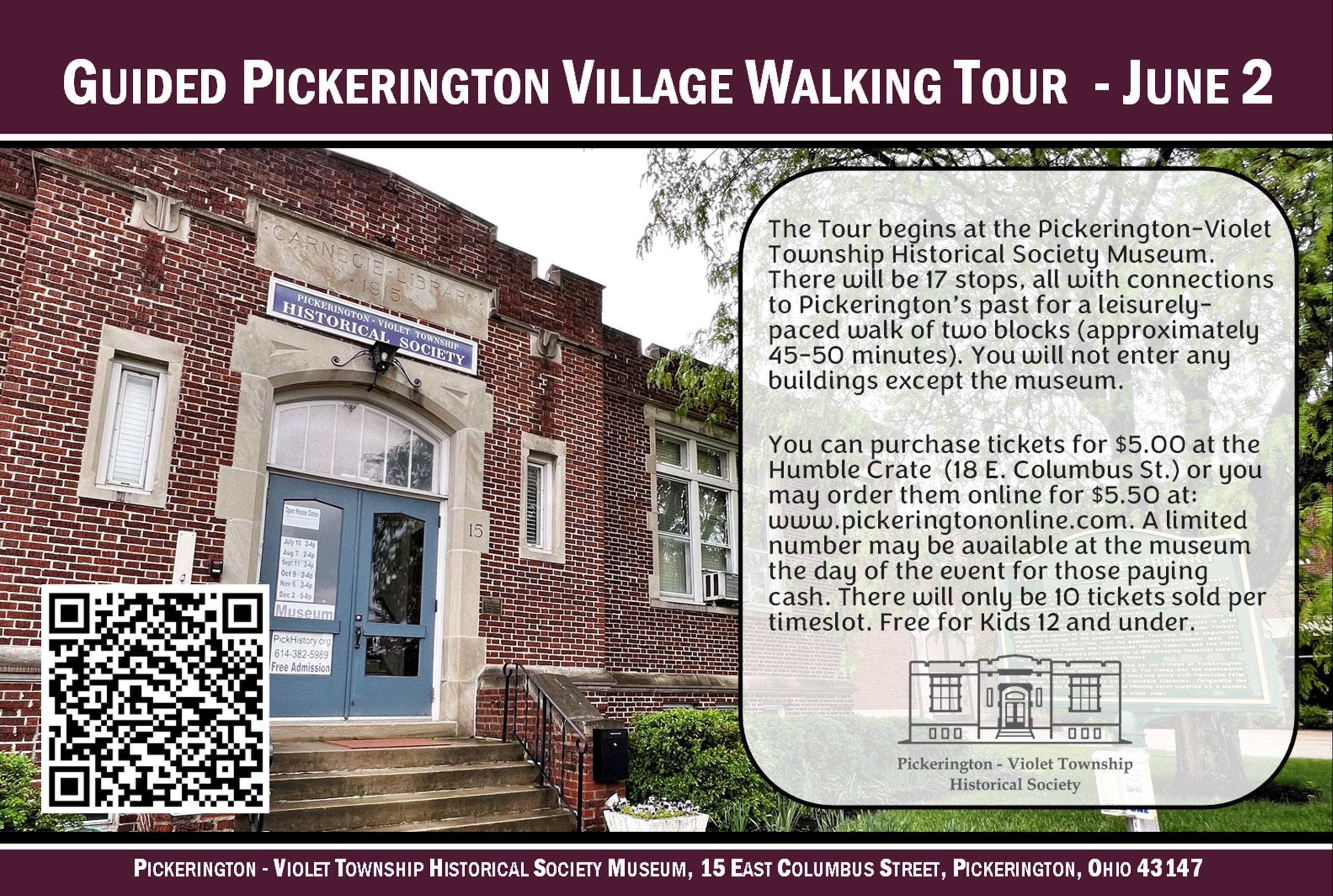

March 23, 2023
By Michelle Hill, POL Contributor
I am a resident of Pickerington, a parent of two kids (ages five and nine) and a native plant enthusiast. I struggled with what is now termed “Eco-grief” especially after the birth of my second child in 2018. The facts emerging from ecologists and climatologists around the world are grim. I felt hopeless in the face of our changing climate, insect and bird decline and habitat destruction.
Searching for answers, in the Spring of 2021 I delved deep into books written by Tallamy, Lawson, Holm and Vogt among others. I have always kept a garden on some level, but more for hobby food production and aesthetic enjoyment than intentional support of ecological function. Tallamy’s book Nature’s Best Hope empowered me to realize that I could do more to make an impact, and that when we all work together we can have a truly world-changing impact.
I do not have formal training in landscaping or botany. I spent many hours poring over native gardening books and participating in free and inexpensive courses via Zoom and in-person to learn what I can about how best to support our local ecosystem.
Overwhelmingly, the message was: remove invasives, plant native plants, shrubs and trees, reduce our lawns- leaving the leaves and pithy stems for overwintering insects, compost to reduce waste generation and improve soil, stormwater mitigation, water pollution prevention to name a few. These steps are within reach for many of us!

I made a plan for my own space of 0.90 acres here in Pickerington, but quickly realized that what I was creating was only a tiny island for pollinators, birds, and other critters. I needed to find a community that could work together for a much larger impact on our local ecosystem. In our collective efforts we can find hope for a brighter future for our children, the pollinators, our neighbors and the world.
Last summer, I approached our city council person Mr. Kevin Kemper, naively excited to find out what Pickerington was doing as a city to adopt best practices. I was hoping to hear we were promoting these practices on public and private land, educating and supporting citizens putting our tax dollars to work to the benefit of all. I was disappointed to learn the city was implementing very few of the steps now recommended by experts in this field.
Franklin County Soil and Water Conservation District runs the Community Backyards Conservation Rebate program which includes the following cities: Bexley, Canal Winchester, Dublin, Gahanna, Grandview, Grove City, Hilliard, Reynoldsburg, Upper Arlington, Westerville, Worthington, Franklin County Townships, Obetz, New Albany, and Columbus. This program offers education and financial incentives encouraging residents to participate in invasive removal, planting native plants, composting, using rain barrels and rain gardens. There are many municipalities around the world participating in this movement. We can get on board too.
We have amazing resources at our disposal here in central Ohio. In the following weeks I will be speaking with local leaders in this movement: landscapers, botanists, entomologists, master gardeners, educators, ecological landscape designers, native plant enthusiasts, habitat restorationists all striving to make our world a better place.
But they cannot do this alone. WE need to do this together, as a community. Let’s take action – for our city, our kids, and our own well-being. I will lay out many more details in this column in the weeks to come. But in case this is the only column of mine that you read, I’ll share these recommendations on actions we can take to effect change from Dr. Douglas Tallamy- world renowned entomologist, author, professor, and native plant enthusiast:

- Reduce your lawn, leave the leaves and pithy stems.
- Remove invasive species
- Generously plant the plants that do the most good – native to our ecoregion.
- Reduce your nighttime light pollution.
- Network with family, neighbors, friends, colleagues sharing the “why” and “how”.
- Build a conservation hardscape- Install bird baths with bubblers, window well covers,
and elevate mower height to 3” minimum. - Create caterpillar pupation sites underneath your trees. No need for your mulched
“volcano” pile. Your trees deserve an understory and the caterpillars require it for improved survival, reduced soil compaction, and a softer landing. - Do not spray or fertilize- best practices will allow your soil to be rich in organic matter.
Herbicide use has a place when removing invasives, but the user must follow the products’ guidance as written and use the products sparingly as needed.
In my subsequent articles we will delve deeper into these eight steps that each of us can
take to improve the health of our communities. Interested to know how? VisitHomegrownNationalPark.org to find out more today.

Michelle Hill is the founder of the local Pro Pollinator Initiative which is a group working to plant pollinator gardens throughout the Pickerington area. This summer, they will plant native flower beds at Toll Gate Elementary School and the main branch of the Pickerington Public Library.
She is also the acting president of Greener Violet, a newly-formed Pickerington-based environmental organization combining a variety of ecological interests including invasive plant remediation and watershed protection.
To learn more about either organization or to ask a question specific to your situation, please email Michelle at pro.pollinator.initiative@gmail.com.
Growing Hope logo created by Dawnette Fleischer













